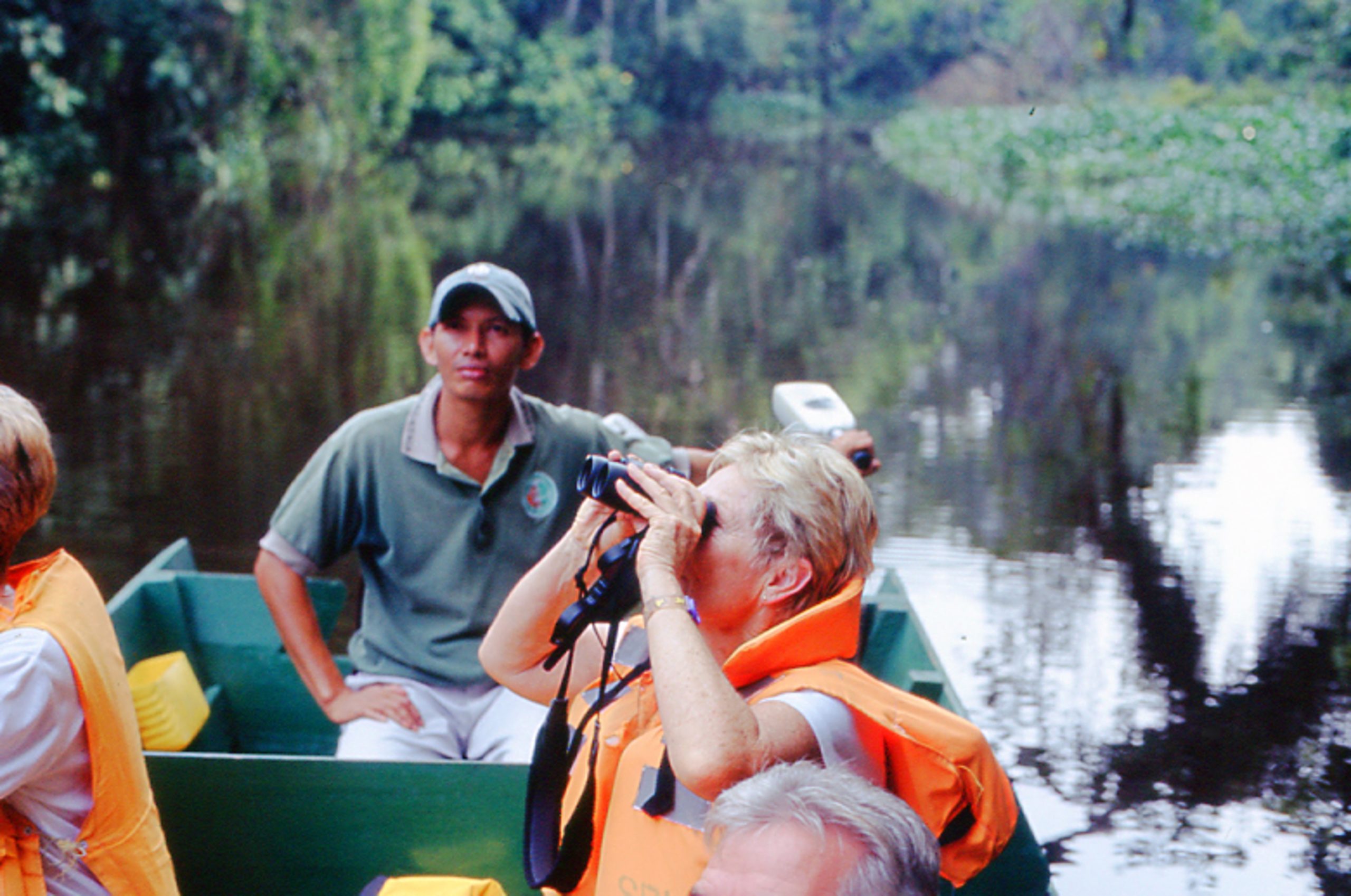Recent decades have seen a steady growth in the demands for nature-based tourism, with many Asian destinations becoming some of the most popular attractions for tourists seeking ecotourism experiences. Balancing both conservation and tourism, however, requires practical engagement with the tourism industry and governments.
Researchers from Murdoch University have worked with stakeholders in various locations throughout Asia — including Malaysia, Phillippines, Indonesia, Sri Lanka, and Thailand — to develop ecotourism best practices and tackle the challenges of over-tourism. Working with tourism operators, these agencies can promote, market, and advance the benefits of authentic ecotourism through their care for local communities, educational focus, and environmental and social responsibility.
Researchers also developed models for sustainable ecotourism by undertaking analysis and assessment of ecotourism models throughout Australia, including those run by First Nations groups. Partnering with tour operators and companies in Malaysia and Sri Lanka from 2018, these models raised the awareness of stakeholders about the impacts of tourism on wildlife and natural environments.
In Western Australia, extension activities resulted in the development of government policies aimed at improving the protection and management of national parks. Working with these stakeholders, Murdoch University researchers were able to collaborate with industry partners and problem-solve to ensure the sustainability of the ecotourism industry in Australia and South Asia.
Since 2020, this engagement has become increasingly focused on working with scientists, government, and tour operators to address issues of over-tourism following the resumption of international travel. In Australia and throughout Asia, modelling and enhancing the capacity for improved practices in ecotourism can ensure the sustainability and responsibility of tourists and tour operators now and into the future.




